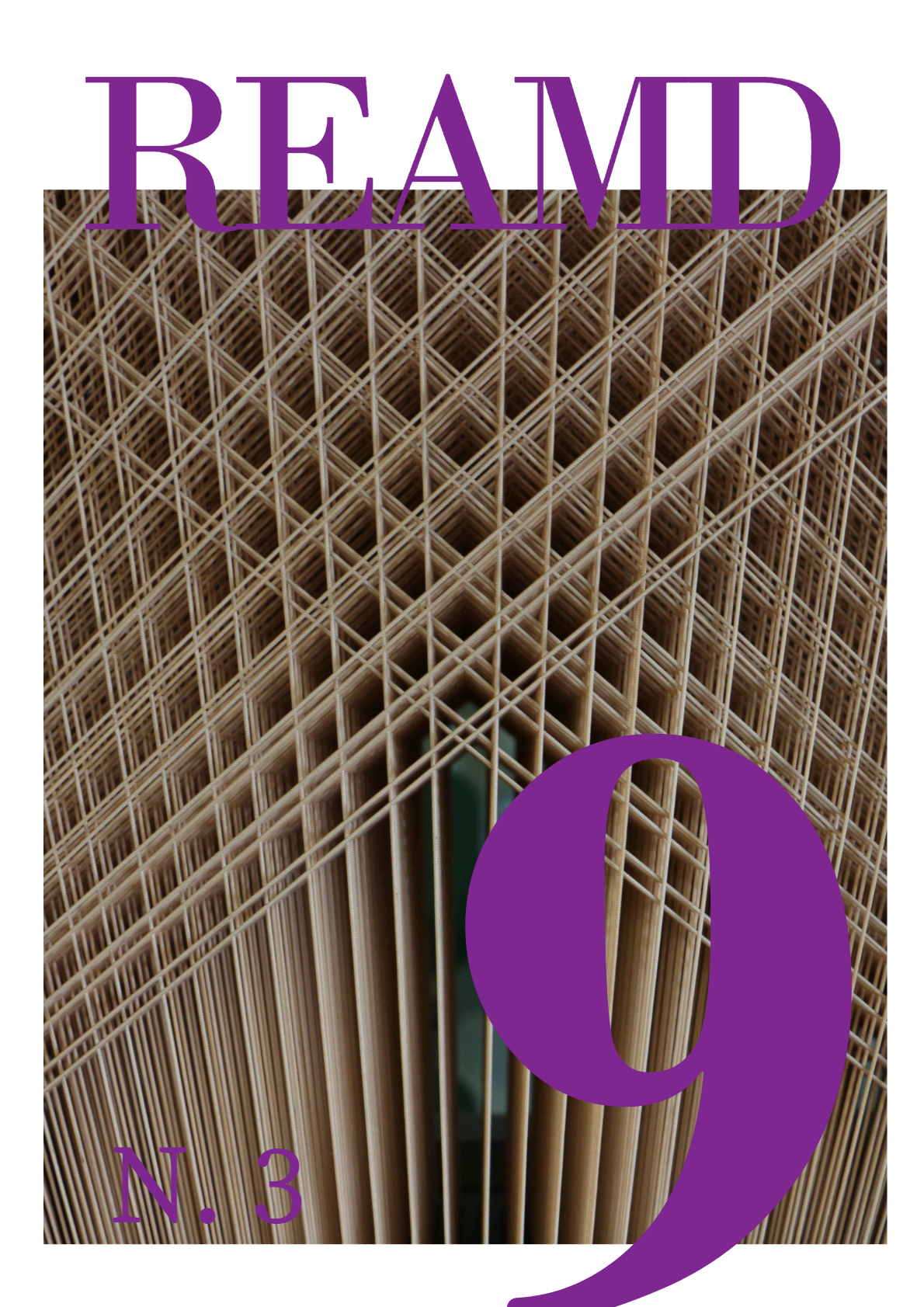Análise estética comparativa entre figurinos criados por artista e por IA em quadrinhos de super-heroína
DOI:
https://doi.org/10.5965/25944630932025e7472Palavras-chave:
super-heróis, figurino, estética, inteligência artificial, análise comparativaResumo
O presente artigo investiga o processo de criação do design de figurinos em quadrinhos por meio de uma análise comparativa entre criações humanas e geradas por inteligência artificial (IA), tomando como objeto de estudo a personagem Wonder Woman. A pesquisa articula uma revisão bibliográfica com uma análise estética para examinar as diferenças formais e conceituais entre os figurinos criados por artistas e aqueles produzidos por sistemas de IA a partir de comandos textuais. O estudo discute o potencial e os limites das ferramentas de IA generativa no campo do design de figurinos, especialmente no que se refere à criatividade, coerência visual e fidelidade ao universo narrativo original. Os resultados revelam que, embora a IA consiga gerar soluções visuais sofisticadas, ainda apresenta dificuldades em capturar nuances interpretativas e estilísticas, que são próprias da criação artística humana. Assim, o trabalho contribui para o debate sobre metodologias em design e o papel da IA em processos criativos contemporâneos.
Downloads
Referências
ARNHEIM, Rudolf. Arte e percepção visual: uma psicologia da visão criadora. São Paulo: Cengage Learning, 2016.
BARTHES, Roland. Roland Barthes por Roland Barthes. São Paulo: Cultrix, 1977.
Berleant, Arnold. Sensibility and Sense: The Aesthetic Transformation of the Human World. Imprint Academic. 2010.
BUSIEK, Kurt (roteiro); ROBBINS, Trina (roteiros e arte). The Legend of Wonder Woman. Série limitada, 4 edições, DC Comics, 1986.
CATALANO, Flávio Antonio. A Teoria do Leitor-Modelo, de Umberto Eco, e sua presença no romance “O Nome da Rosa”: O percurso epistemológico de Umberto Eco e sua consolidação nas teorias da Estética da Recepção. Unesp, 152p. Dissertação de Mestrado em - Letras, UNESP, Araraquara, 2023.
DONDIS, Donis A. Sintaxe da linguagem visual. 2. ed. São Paulo: Martins Fontes, 1997.
ECO, Umberto. Lector in fabula. São Paulo: Editora Perspectiva, 2002.
HARVEY, R.C. Morrill Goddard: Godfather of the “comics”. Disponível em https://www.tcj.com/morrill-goddard-godfather-of-the-comics/ Acesso em: 11 jun. 2024.
JONES, Gerald. Homens do amanhã. São Paulo: Conrad, 2005.
KAUFMAN, Dora. A inteligência artificial irá suplantar a inteligência humana? Dora Kaufman - Barueri, SP: Estação das Letras e Cores, 2018.
KAUFMAN, Dora. Desmistificando a inteligência artificial. Belo Horizonte: Autêntica, 2022.
LEONARDO.AI. Leonardo.Ai. Disponível em: https://leonardo.ai/. Acesso em: 10 ago. 2024.
LEPORE, Jill. A história secreta da Mulher‑Maravilha. Tradução: Érico Assis. Rio de Janeiro: BestSeller, 2017.
LIMA, Savio Queiroz. A História Estética da Mulher Maravilha: Vestuário e Padrões de Beleza Refletidos nas Histórias em Quadrinhos. In: Anais do XVIII Encontro de História da ANPUH-RJ: História e Parcerias, Niterói; 2018.
NOBLEMAN, Marc Tyler. Bill the Boy Wonder: The Secret Co-Creator of Batman. Illustrated by Ty Templeton. Watertown, MA: Charlesbridge, 2012.
OPPENLAENDER, Jonas; LINDER, Rhema; SILVENNOINEN, Johanna M. Prompting AI art: an investigation into the creative skill of prompt engineering. ArXiv, v. abs/2303.13534v3, 04 jul 2024. Disponível em: https://api.semanticscholar.org/CorpusID:257757206. Acesso em: 24 ago. 2024.
PERASSI, Richard. Do ponto ao pixel: sintaxe gráfica no videodigital – Florianópolis: CCE/UFSC, 2015.
PIERO, Christopher Kul-Want. Estética Una Guía Ilustrada – Reino Unido: Icon Books Ltda, 2010.
PIMENTEL, Carol et al. Amazona 80 anos da Mulher-Maravilha – Florianópolis: Skript, 2022.
SANTAELLA, Lucia. Estética: de Platão a Peirce. São Paulo: Editora C0D3S, 2017.
SILVA, Gislayne Vitorino dos Santos. Inteligência artificial generativa de imagem e a utilização não autorizada de obras que possuem direitos autorais. Recife, 2024. 35 p. Trabalho de conclusão de curso em Ciência da computação, Universidade Federal de Pernambuco, Recife, 2024.
SMITH, Ethan. A traveler’s guide to the latent space. 2022. Disponível em: https://sweet-hall-e72.notion.site/A-Traveler-s-Guide-to-the-Latent-Space-85efba7e5e6a40e5bd3cae980f30235f. Acesso em 24 ago. 2024.
TRENDS, Google. Google Trends. 2024. Disponível em: https://trends.google.com.br/trends/explore?geo=BR&q=%2Fg%2F11y2mr413g,%2Fg%2F11vm6jshm7,%2Fg%2F11ncmnnhcy,%2Fg%2F11t4b6xmqk,%2Fg%2F11tcd8vgn9 Acesso em: 30 ago. 2024.
Downloads
Publicado
Como Citar
Edição
Seção
Licença
Copyright (c) 2025 Diego Moreau de Carvalho, Letícia Debastiani Frana, Milton Luiz Horn Vieira

Este trabalho está licenciado sob uma licença Creative Commons Attribution 4.0 International License.
- Autores mantém os direitos autorais e concedem à revista o direito de primeira publicação, com o trabalho simultaneamente licenciado sob a Licença Creative Commons Attribution 4.0 Internacional, que permite:
1. Compartilhar — copiar e redistribuir o material em qualquer suporte ou formato para qualquer fim, mesmo que comercial.
2. Adaptar — remixar, transformar, e criar a partir do material para qualquer fim, mesmo que comercial.
O licenciante não pode revogar estes direitos desde que você respeite os termos da licença.De acordo com os termos seguintes:
1. Atribuição — Você deve dar o crédito apropriado, prover um link para a licença e indicar se mudanças foram feitas . Você deve fazê-lo em qualquer circunstância razoável, mas de nenhuma maneira que sugira que o licenciante apoia você ou o seu uso.
2. Sem restrições adicionais — Você não pode aplicar termos jurídicos ou medidas de caráter tecnológico que restrinjam legalmente outros de fazerem algo que a licença permita -
Plágio, em todas as suas formas, constitui um comportamento antiético de publicação e é inaceitável. Esta revista utiliza o software iThenticate de controle de similaridade.






